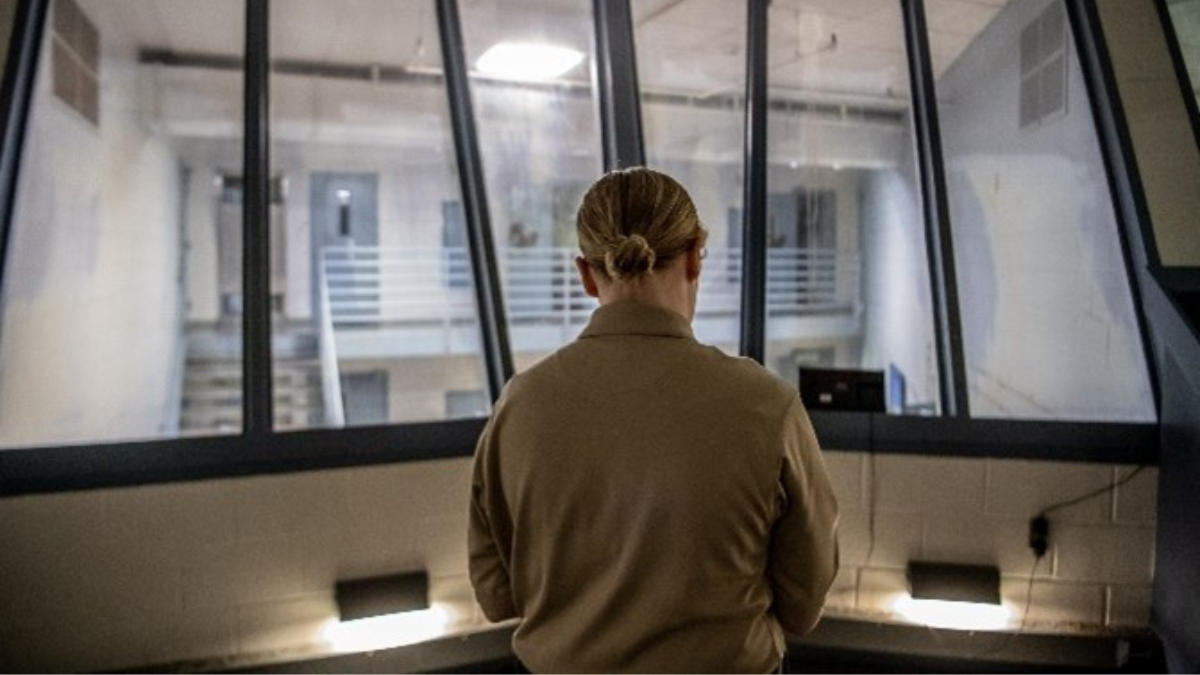More than 60 bills moved through the House of Delegates on Crossover Day, the last day to consider bills in their chamber of origin.. The issues ranged from parents’ involvement in school curriculum to gender affirming care.
House Bill 4313 creates the Parents’ Bill of Rights. It empowers parents to direct the upbringing, education, health care, and mental health of their child. It says parents may bring suit against anyone for any violation of this article.
Del. Evan Hansen, D-Monongalia, opposed a bill he said is misnamed and continues to promote a culture war in the legislature.
“This cause of action can be employed on a number of hot button issues,” Hansen said. “Issues related to race issues, related to gender issues, related to women’s health care. The short title of this bill, parental rights, is a great title, almost an Orwellian title. Because this bill will provide some rights for parents, so long as they agree with the majority party.”
With little, if no, debate from the majority party, the bill passed 83-14.
To further improve the situation in the state corrections department, House Bill 4734 provides another pay increase to state correctional workers. It gives all corrections workers, not just guards, a $6,000 bonus after more than three years of service.
Del. Ty Nestor, R-Randolph, was one of many supporting a measure he says helps improve the situation. .
“You’re not just going to give money that is due in our line that had been earned by members of the Division of Corrections, Juvenile Services and Regional Jail authority,” Nestor said. “You’re also going to thank them for how they conducted themselves and their bravery for staying with their jobs.”
The bill passed 99-0.
House Bill 4822 creates the Certified Sites and Development Readiness Program. Local communities would apply for a site development microgrant of up to $75,000, all to be decided by the Department of Economic Development.
Del. Adam Vance, R-Wyoming, opposed the bill. He said he believes the coalfields will continue to be ignored by the microgrant decision makers.
“You’ve got navigable rivers that they want to go to because it’s easy. They have border counties, because it’s easy. They have highways, because it’s easy. But the ones that are needing the help the most, that is the hardest hit, that’s in the middle of somewhere that don’t have these things, they still are not reaching out. I don’t think that this bill is going to reach out to those areas,” Vance said.
But Del. Clay Riley, R-Harrison, supported a bill he said gives localities a competitive chance for development.
“This is the opportunity that gives them the additional funds to say you know what, maybe I can go get a piece of property through the voluntary remediation program so we can get it cleaned up,” Riley said. “Maybe I can get that bat survey done so maybe I can lure someone there. So, if you want to help the small, rural counties, who may be down on their luck, this is an opportunity to help them up.”
The bill passed 86-13.
House bill 4945 relates generally to the Hope Scholarship Program. The bill adjusts funding to anticipate greater real time enrollment, it includes microschool eligibility and addresses public school re-enrollment.
House Minority Chair Sean Hornbuckle, D-Cabell, continued to express his caucus’ concerns over limited funding for public schools and the Hope Scholarship Program.
“It takes money away from your private schools, from your pods or microschools, and sends them out of state,” Hornbuckle said. “We did not close that loophole. We are literally funding out of state schools. That is very problematic. With the Hope Scholarship, we are in a crisis.”
But Del. Wayne Clark, R-Jefferson, was with a majority who supported the bill. He noted two major components.
“Number one,” Clark said. “If there is no kid in the school, there is no funding for that school. right? No kid, no funds. Number two, parents choose where they want their taxpayer education money to go.”
The Hope Scholarship bill passed, 76-21.
Gender affirming care is at the center of House Bill 5297. The proposal prohibits puberty blockers and hormonal therapy when provided to assist in a gender transition. The bill says a physician may not provide irreversible gender reassignment surgery or gender altering medication for the purpose of assisting an individual with a gender transition to anyone under 18 years of age. There are exceptions for severe medical conditions as long as they do not go toward gender transition.
Amendments proposed to grandfather in minors already undergoing such treatment and make the treatments and puberty blocking medication necessary for suicidal patients both failed.
Del. Kayla Young, D-Kanawha, opposed the bill. She said the medication can be lifesaving.
“Suicide is the second leading cause of death in kids aged 10 to 14,” Young said. “It is the third leading cause of death in kids aged 15 to 24. When we talk about LGBTQ kids, those rates are four times higher. In 2022, in West Virginia, 50 percent of trans kids thought about suicide; 20 percent of them actually attempted it. That is horrible, horrible. These are not statistics that we should be proud of at all. Gender affirming care has been known to reduce suicide by 75 percent.”
But Del. Geoff Foster, R-Putnam, disputed the lifesaving premise regarding hormonal medication.
“There’s no proven methodology that says that actually does decrease suicidality,” Foster said. “What helps these children? In many cases, when they’re suffering through gender dysphoria, they’re also suffering from co-morbidity situations such as depression. And I think when we say, well, we’re going to treat this by gender affirming care and switching someone’s gender and that’ll fix the problem. While the suicidality rate is the same before and after transition, or before and after these drugs are prescribed.”
The bill passed 88-11. One Republican, Del. Diana Wizenreid, R-Ohio, voted no along with 10 Democrats.
These bills will now go to the Senate.
